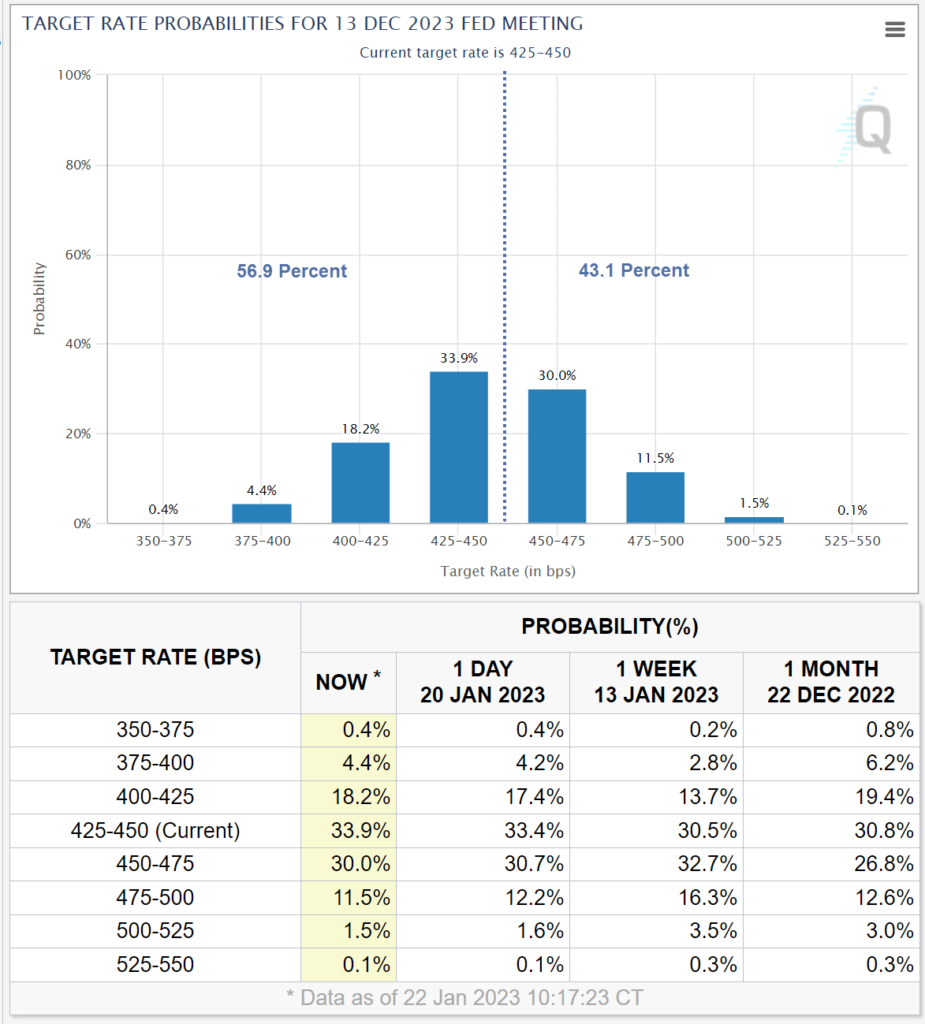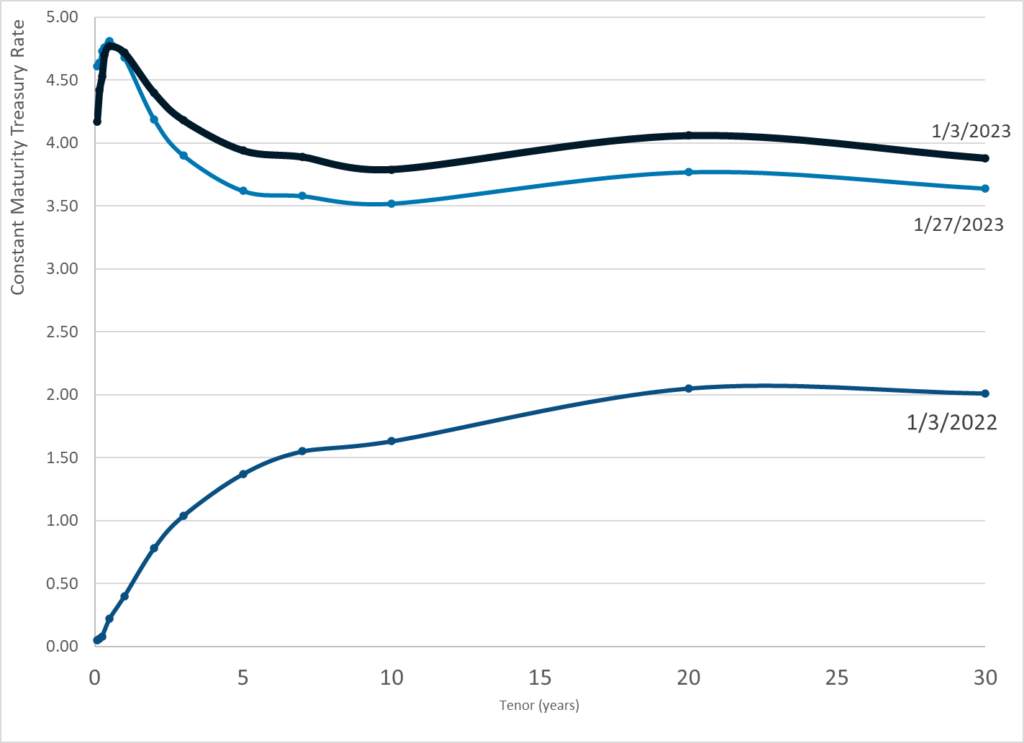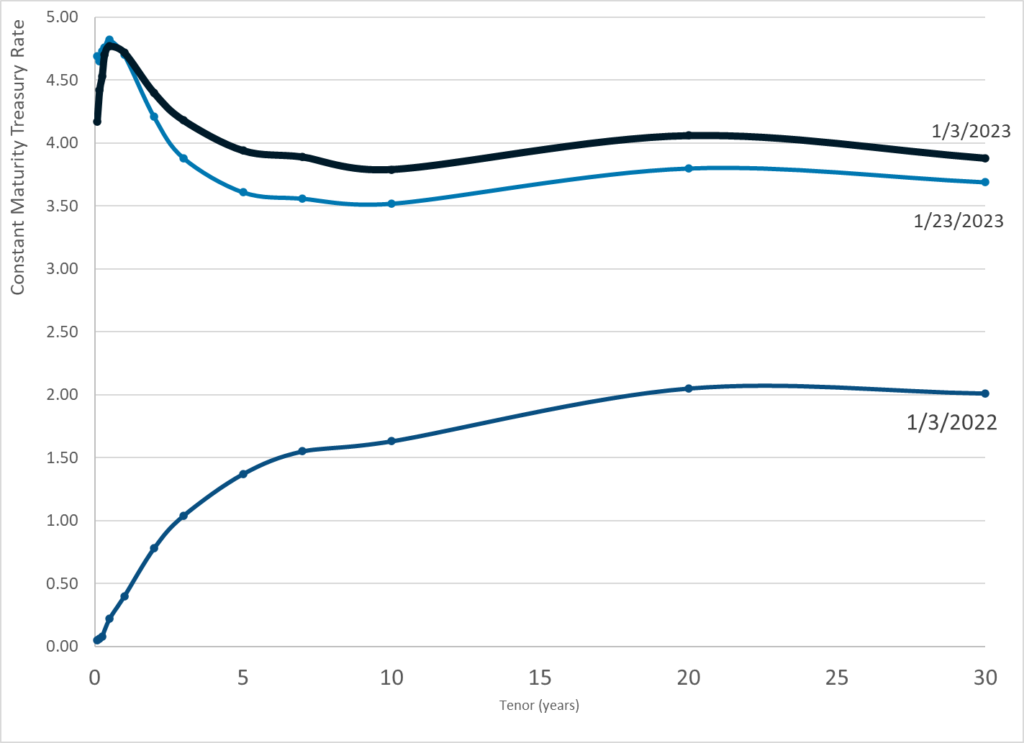Link: https://reason.com/2023/01/29/argentinas-inflation-crisis/
Excerpt:
Argentina is no stranger to economic turmoil, having defaulted on its national debt three times since 2001. Now the country is facing another bout of brutal inflation, with an annual inflation rate of 88 percent reported in October, up from 50 percent in January 2022.
Argentine photographer Irina Werning captured the frustration working Argentines feel in a photo series. “Inflation destroys savings, impedes planning, and discourages investment,” she wrote in her introduction.
In August, when the reported inflation rate hit 78.5 percent, Argentine workers held a mock funeral procession, complete with casket, to mourn the “death of wages.”
Author(s): Mike Riggs
Publication Date: February 2023
Publication Site: Reason





